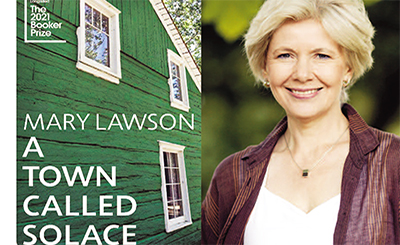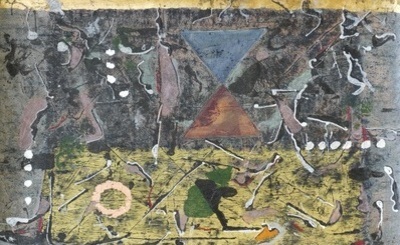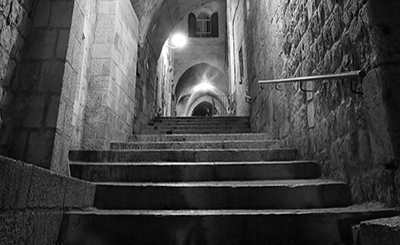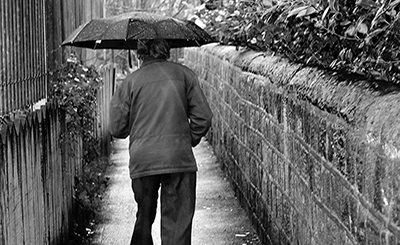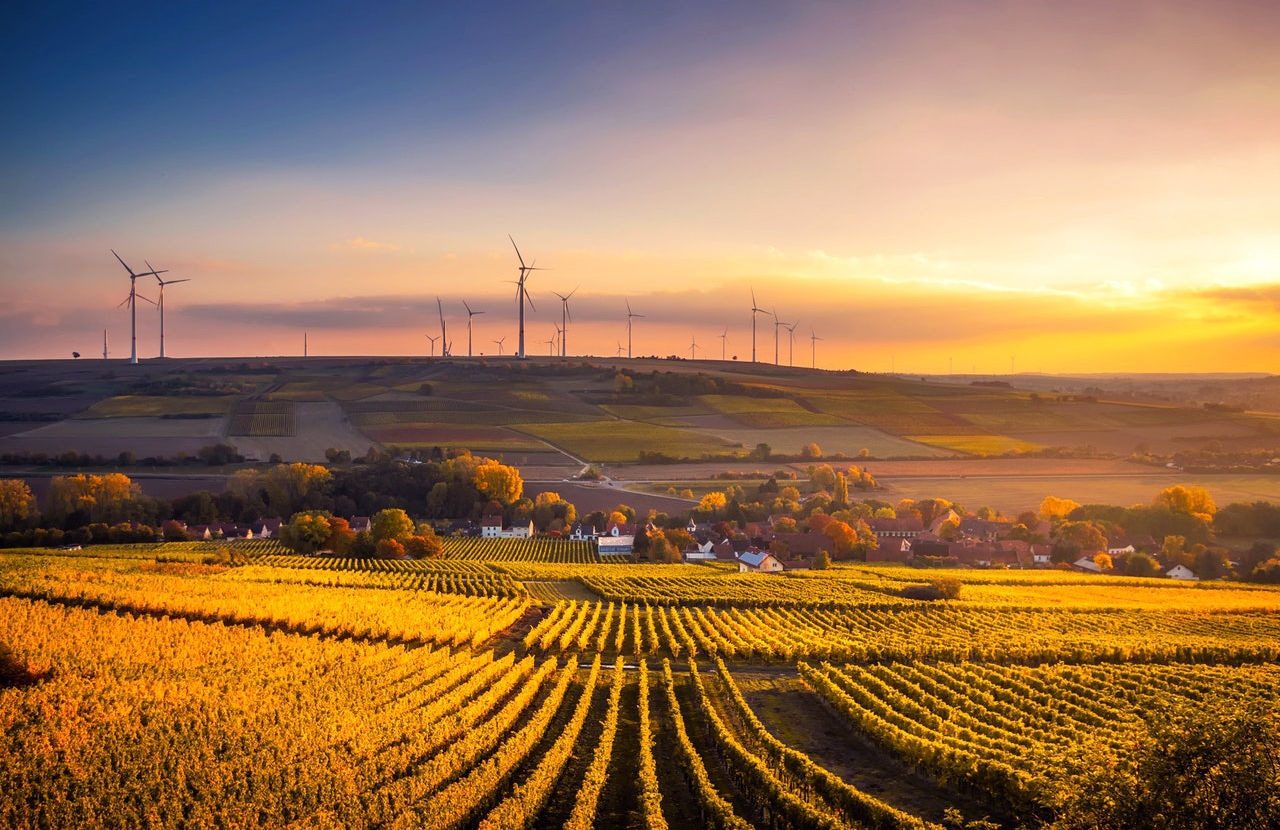
Poetry demands your life
I never knew what I wanted to become, but right from my childhood I was always fascinated with language. I would look at the printed words in my schoolbooks and wonder how in the world they could hold such a sway on me, how they could make me laugh or cry, how they could continue to pour so many shades of emotion into my heart. And then, even after the words got hazy in my mind, those various hues of feeling would linger on and refuse to be erased. It’s then that I had my schoolboy epiphany: I realised that it’s not the words but what they carry that makes them magical, and the magic worked only when they were arranged in a special way to tell of a special time flowing either inside of you or out there in the matrix made of people and events. Over time, I realised that you could make words carry more than they were meant to. I saw that words were seeds which, when planted in the right soil, would erupt and grow into something as real and tactile as a tree, and this tree could be the sole cause of euphoria. Only poetry could tie up words in this manner, so I was naturally attracted to it, but even then I wasn’t consciously looking for poetry. It was just that I often escaped to an other world brought into being by imagination alone, and to make sense of the hustle and bustle of this unfamiliar terrain I needed a new language, a language that would take its words from the regular world yet not be mundane. Back then, I did not know that the alchemy needed to transmute quotidian words into molten gold is called poetry. I was unaware of it, but was unconsciously thinking about it all the time, inching towards it while acquiring regular instruction at school. Then, one day, I suddenly found that I enjoyed writing, and so I began to train myself in it. That’s how my journey began.
We’ve all heard many stories about the provenance of poems. Sometimes, they appear in dreams, sometimes in the form of a stray phrase or a couplet in half wakefulness, and sometimes as conclusions to life’s numerous problems, although these conclusions might not solve any problem. Any emotion that cuts deep can be material for a poem, but if you fake it, you’ll end up with pseudo-stuff. So, it all starts with the purity of emotion. Real metal is contained in the ore, and you need to smell it. Give it time. Let it simmer and disrupt your sleep. When a thought worth pursuing clings to my heart, I grab it and go hunting for the emotion that can rinse it naturally, and then the writing begins.
Poetry happens. All I do is put my interventions in it on paper. It’s as if you are reclining in a boat floating in a river, so you lose sight of the water just because you are surrounded by it. But suddenly, on an impulse, you let go of the oar, lean a bit on the side of the vessel, dip your hands in the water and scoop some of it. You might have been looking to capture the waves glimmering in the sunshine, but what ends up in the cup of your palm is just liquid matter. Now it is up to you to either lose heart or gird yourself up in order to fill up this measly matter with an incantation that replicates, even if only partly, the life it was throbbing with just a few moments ago. You try to put soul into the few spoonfuls of raw material you’ve taken from a vast body of water. To me, this very attempt is an act of poetry. The reflection of yourself you see in this tiny pool is your individual poetry.
Poetry is not something you do on the side. It demands your life. And you don’t get to decide whether you want to offer it.
Abundance
A village where I’ve never been
is a constant visitor in dreams.
It rises over fields whose green
embroiders itself into the seam
of closed eyelids, absorbing the twitch
of remembrance. The gaze flits from
tree to tree. I stop by the pond
whose lotuses smell like the rich
incense burning in a sanctum
in which somebody, centuries
ago, felt as free as a plankton
crumbling in the mouth of a fish
caught in the net of noonlight, a balm
depth-calmed, yet more than lukewarm
outside, where those frequenting the edge
do not mind doing nothing. They let
stillness become the sacred space
where the heart hones its share of grace.
Tailor/Bird
What coincidence made him
a tailor? He could’ve easily been
a bird instead
of my grandfather if only
he’d known how to say I’d rather . . .
I could’ve easily been
a tree before
I was born before
I was woven
around the air-string that would rather
be called breath
until it mingled with the current
they call death
Phulka
She didn’t do it to see
if her brother could keep
his promise and appear
before her the moment
she thought of him.
The night was so calm
as if the whole village
had gone to sleep
much earlier than usual,
dreaming of an age
in which unearthly light
would wash the lanes
and flood their homes
so when the dwellers
emerged they would glide
a few inches above
the ground. That night,
as always, Nanaki kneaded
wheat flour for only Nanak.
Hundreds of miles away
he smelled the phulkas
his sister was slowly circling
on the griddle while she
saw him sitting cross-legged
on the mud-plastered floor
asking for a phulka:
Just one more.
In the morning, when Nanaki
emerged out of the kitchen
the whole village, they say,
saw her glide inches
above the ground.
Safe
A mongoose crossing the driveway outside the side gate of a high-rise complex makes time
stop for whoever is stepping on the gas. Bless the hands that left narrow openings — about
three-fourths of a foot from the ground up—in the sidewalls. The animal moves arrow-
straight, piercing the membrane of daylight. On one side of the drive, beyond the wall, in
the dishevelled and dense green, a day ripples. A mongoose lives inside it. In the story read
at age six, it is a pet. A mother leaves her child sleeping in the guardian mammal’s care to
fetch water from a nearby well. Blood on the mouth, the pet welcomes her back but she, a
servant of impulse, smashes the earthen pot on the tender thing’s head. The dead snake near
the crib is sighted too late. Even today, whoever stops to let the animal cross clearly hears a
woman whimpering and sees a terracotta pot bursting in the air, a drenched but unhurt
mongoose staring in shock.
stop for whoever is stepping on the gas. Bless the hands that left narrow openings — about
three-fourths of a foot from the ground up—in the sidewalls. The animal moves arrow-
straight, piercing the membrane of daylight. On one side of the drive, beyond the wall, in
the dishevelled and dense green, a day ripples. A mongoose lives inside it. In the story read
at age six, it is a pet. A mother leaves her child sleeping in the guardian mammal’s care to
fetch water from a nearby well. Blood on the mouth, the pet welcomes her back but she, a
servant of impulse, smashes the earthen pot on the tender thing’s head. The dead snake near
the crib is sighted too late. Even today, whoever stops to let the animal cross clearly hears a
woman whimpering and sees a terracotta pot bursting in the air, a drenched but unhurt
mongoose staring in shock.
The Spendthrift
One arrives carrying the savings of breath and departs when they are depleted. It’s as if a
father slips in some money into the pocket of his son embarking on a journey but the son has
no idea how much it is. Even later, he forgets to count the allowance but goes on spending it.
Many of us pass through the high and wide gates of railway stations and enter motley cities
and villages, enjoy them, and watch the stories of the surge of desire come together and fall
apart. Steeped in the rapture of arriving somewhere, we end up at a place about which we
know nothing. Some people exhaust their savings while still onboard the train. Is it the
departure of these same people that we call untimely? Are the ones who leave like this really
more extravagant than those who find villages, towns and cities?
father slips in some money into the pocket of his son embarking on a journey but the son has
no idea how much it is. Even later, he forgets to count the allowance but goes on spending it.
Many of us pass through the high and wide gates of railway stations and enter motley cities
and villages, enjoy them, and watch the stories of the surge of desire come together and fall
apart. Steeped in the rapture of arriving somewhere, we end up at a place about which we
know nothing. Some people exhaust their savings while still onboard the train. Is it the
departure of these same people that we call untimely? Are the ones who leave like this really
more extravagant than those who find villages, towns and cities?
In semi-sleep a voice is heard clearly. Its presence has something to do with the existence of
some twilight. Hidden behind one single voice, are different dwellers of one single twilight
speaking? Dwellers long gone?Or, does everybody have their individual twilight, the voice
arising from where seems the same—or, in fact, is the same? You cannot know this territory
while you’re awake, or even while you’re asleep. Only during half-sleep can the path to the
place be sensed. Every time, this path is different, because every time, half-sleep is also
different, but this path is supposed to be seen from afar because if you start walking on it
to fulfil the desire of arriving, then you might obtain neither twilight nor light. One doesn’t
even know whether any path is at all visible from this place, which binds darkness, or
whether in semi-sleep over there you can sense
some twilight. Hidden behind one single voice, are different dwellers of one single twilight
speaking? Dwellers long gone?Or, does everybody have their individual twilight, the voice
arising from where seems the same—or, in fact, is the same? You cannot know this territory
while you’re awake, or even while you’re asleep. Only during half-sleep can the path to the
place be sensed. Every time, this path is different, because every time, half-sleep is also
different, but this path is supposed to be seen from afar because if you start walking on it
to fulfil the desire of arriving, then you might obtain neither twilight nor light. One doesn’t
even know whether any path is at all visible from this place, which binds darkness, or
whether in semi-sleep over there you can sense
the voice and the path
The essay and the poems are part of our Poetry Special Issue (January 2022), curated by Shireen Quadri. © The Punch Magazine. No part of this essay or the poems exclusively featured here should be reproduced anywhere without the prior permission of The Punch Magazine.
More from The Byword
Comments
*Comments will be moderated






